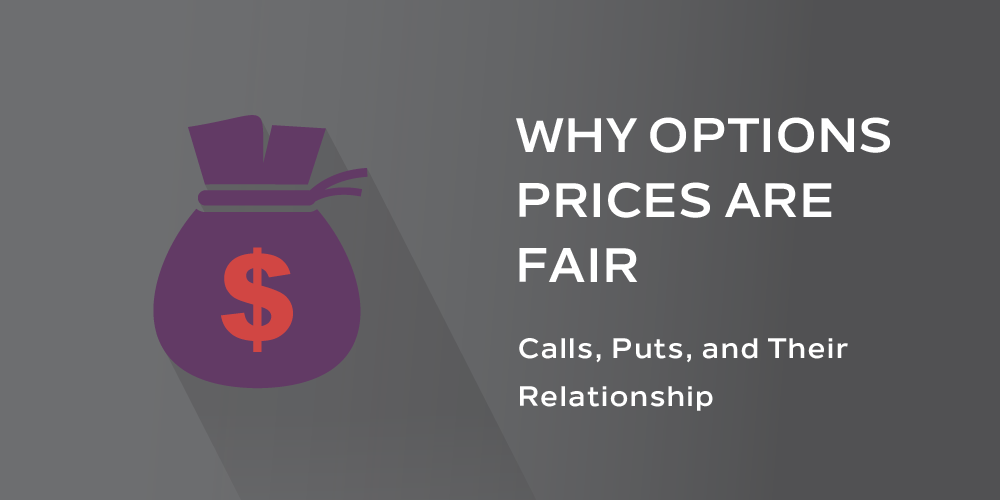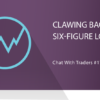
If nothing else the options market is fair/efficient. We have faith in the integrity of the market, allowing us to focus on our trades and less on the “fairness” of options prices. But what evidence is there to support this?
This shortcut is a simplified explanation of one relationship between Calls and Puts that helps keep prices “in line”:
Buying a Call Has the Same Financial Results as Buying a Stock and a Put.
Let’s take some real prices from 5/17/2016:
Stock is $128.90. The 39-day Call option with a strike price of $128 is $6.17. The $128 Put is $5.20.
If I buy the call, my break-even is $134.17 (Strike + Cost) and my maximum risk is $6.17 (below $128)
If I buy the stock and the put, my total cost is $134.10 and my maximum risk is $6.10 (Cost of the put + $.91 that stock is above put strike)
Since they have the same profile, neither side can have a financial advantage over the other. If the call side is too cheap, traders buy the call and sell the other side. If the call is too expensive, traders sell the call and buy the stock and put. Everyone and their computers are looking at pricing relationships and are ready to pounce on even the slightest mispricing. Either way, things can’t get too far out of line. Take into account B/A spreads and you can see why it is very hard for differences large enough to exploit to appear.
For the most popular and liquid options, we do not have to worry about this relationship getting out of line. With the less liquid and/or more volatile stocks, prices could look strange, but that is for other reasons. There are also other pricing relationships that can help us fine-tune our strategy.
But the knowledge that there is a mathematical/financial relationship between calls and puts should help one keep the focus on stock and strategy selection.










